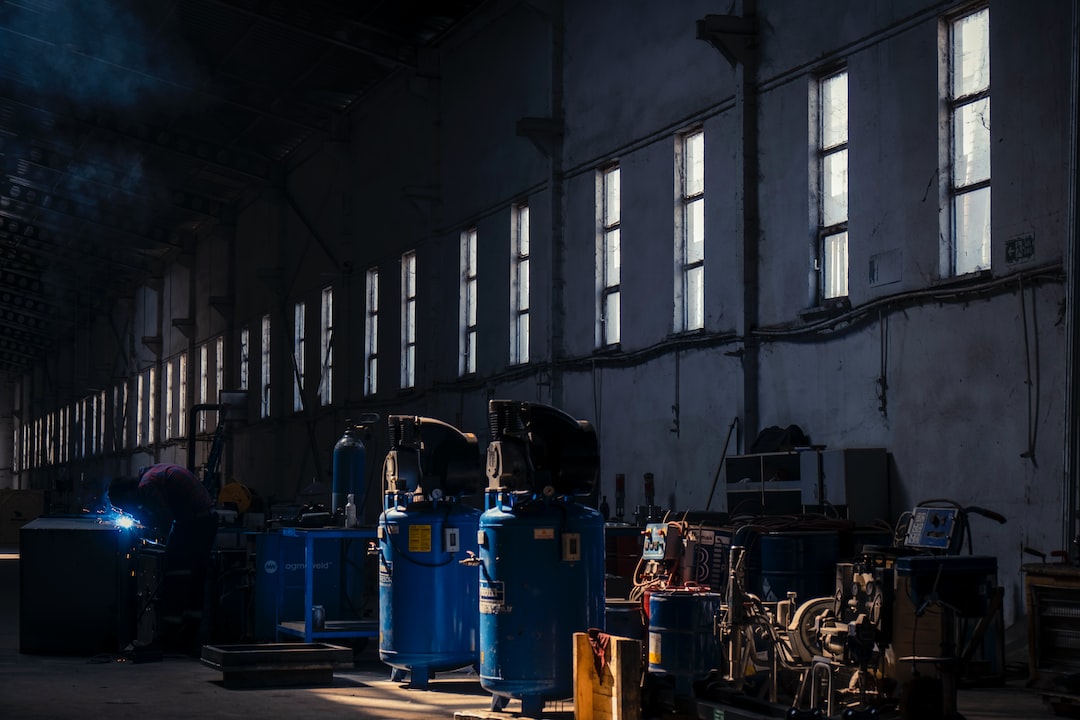The manufacturing industry is a crucial pillar of any economy, providing employment opportunities and generating substantial revenue. However, it is not without its challenges. From technological advancements to global competition, manufacturers face numerous obstacles that can hinder their growth and prosperity. In this blog post, we will discuss some of the common challenges in the manufacturing industry and provide strategies for overcoming them.
One of the most prominent challenges in the manufacturing industry is the rapid pace of technological advancements. With every passing day, new technologies emerge, revolutionizing the way goods are produced. While these technologies bring significant benefits, they also require substantial investments and the need for a skilled workforce. Many manufacturers struggle to keep up with the rapid pace of change, leading to a competitive disadvantage. To overcome this challenge, manufacturers must prioritize continuous learning and development. Offering training programs to their employees not only enhances their skills but also ensures the company remains up-to-date with the latest technological trends.
Another challenge that manufacturers face is increased global competition. With the expansion of international trade, manufacturers now face fierce competition from companies across the globe. This competition often leads to cost pressures, as manufacturers are constantly striving to provide high-quality products at competitive prices. To overcome this challenge, manufacturers must focus on lean manufacturing practices and process optimization. By identifying and eliminating inefficiencies in their processes, manufacturers can reduce costs and enhance productivity, allowing them to compete effectively in the global marketplace.
Supply chain management poses yet another challenge in the manufacturing industry. Manufacturers rely on a complex network of suppliers and distributors to procure raw materials and distribute finished goods. Any disruptions in this network can have severe consequences, such as delays in production or increased costs. To mitigate this challenge, manufacturers should invest in building strong relationships with their suppliers and implement robust supply chain management systems. By fostering open communication and collaboration, manufacturers can ensure a smooth flow of materials and minimize the risk of disruptions.
One of the perennial challenges in the manufacturing industry is maintaining product quality. Customers’ expectations are continually rising, demanding products that meet stringent quality standards. Manufacturing defects can lead to financial losses, decreased customer satisfaction, and damage to brand reputation. To address this challenge, manufacturers must implement rigorous quality control systems and prioritize continuous improvement. By investing in quality control measures such as Six Sigma and ISO certifications, manufacturers can ensure that their products consistently meet or exceed customer expectations.
Finally, the skill gap is a significant challenge in the manufacturing industry. As the older generation retires, manufacturers are struggling to find skilled workers to replace them. The lack of technical expertise and specialized skills poses a threat to the industry’s growth. To overcome this challenge, manufacturers must invest in training programs, apprenticeships, and partnerships with educational institutions. By nurturing the next generation of workers and providing them with the necessary skills and knowledge, manufacturers can ensure a steady pipeline of talent.
In conclusion, the manufacturing industry faces various challenges that can impede its growth and success. From technological advancements to global competition, manufacturers must navigate a complex landscape. However, by adopting strategies such as continuous learning, lean manufacturing, robust supply chain management, rigorous quality control, and investing in the development of skilled workers, manufacturers can overcome these challenges and thrive in an ever-evolving industry. By embracing change and innovation, manufacturers can position themselves for long-term success and contribute to the growth of the economy.

